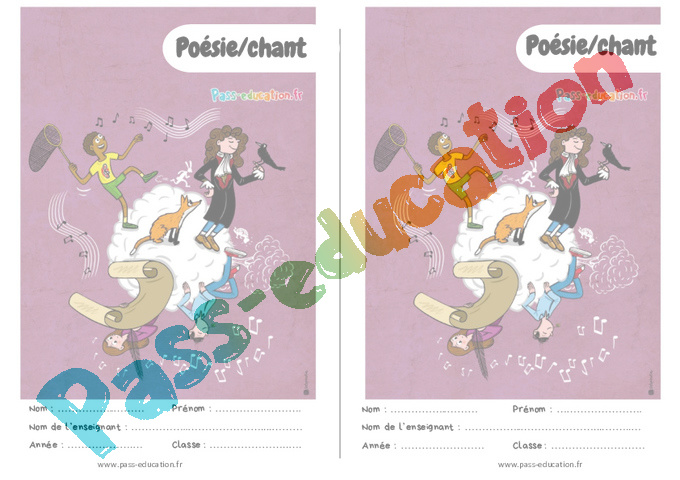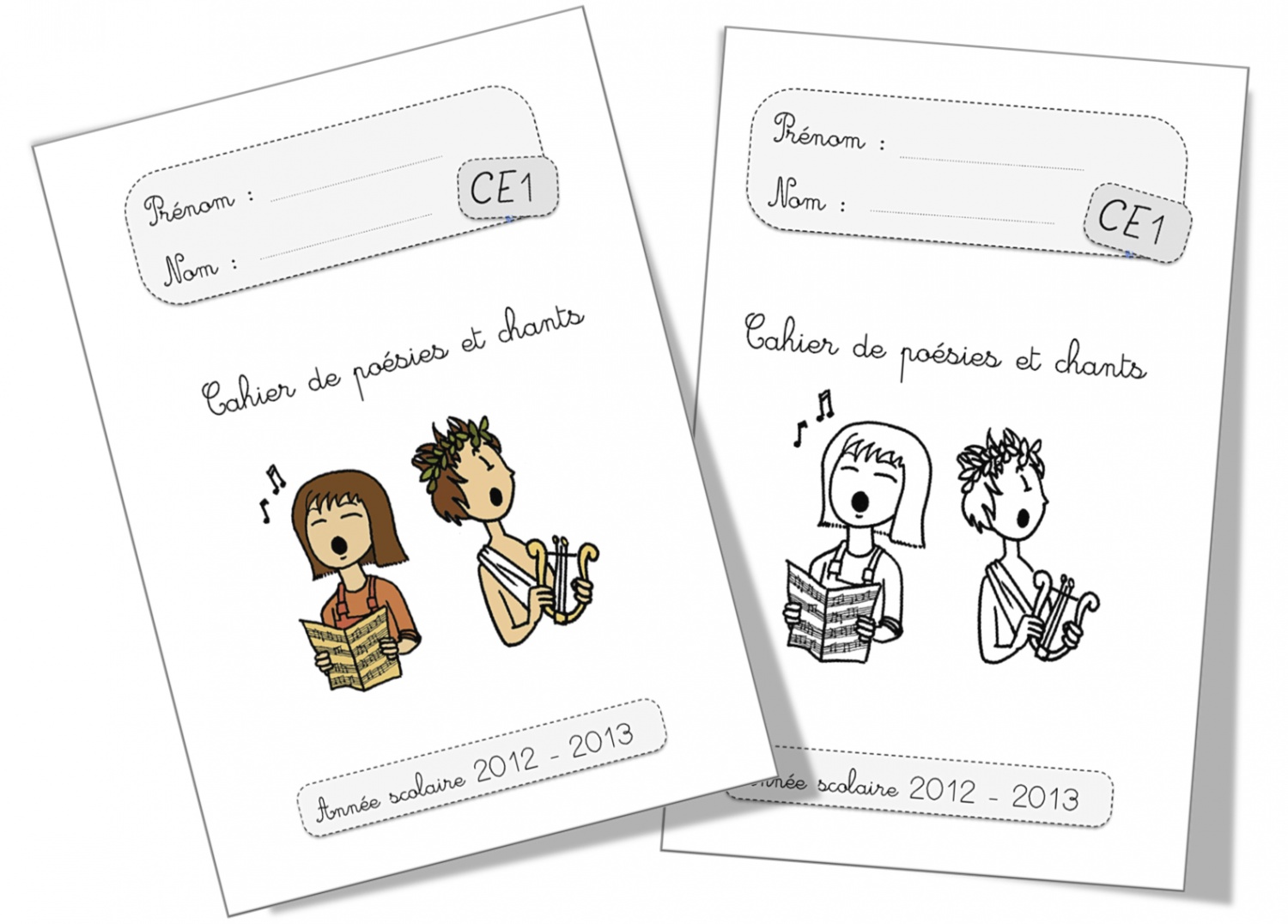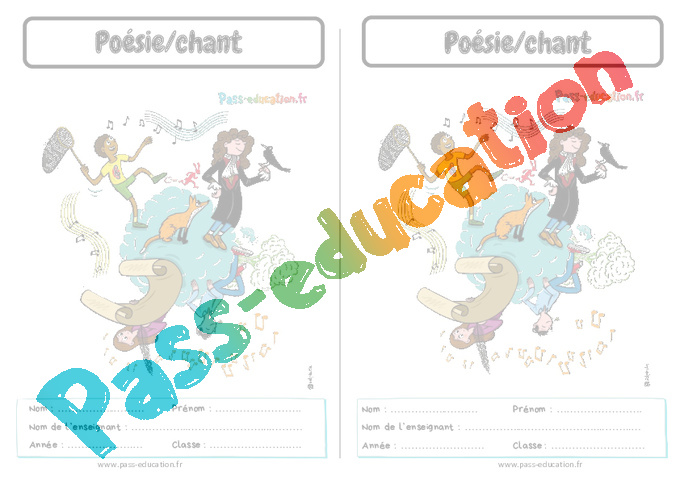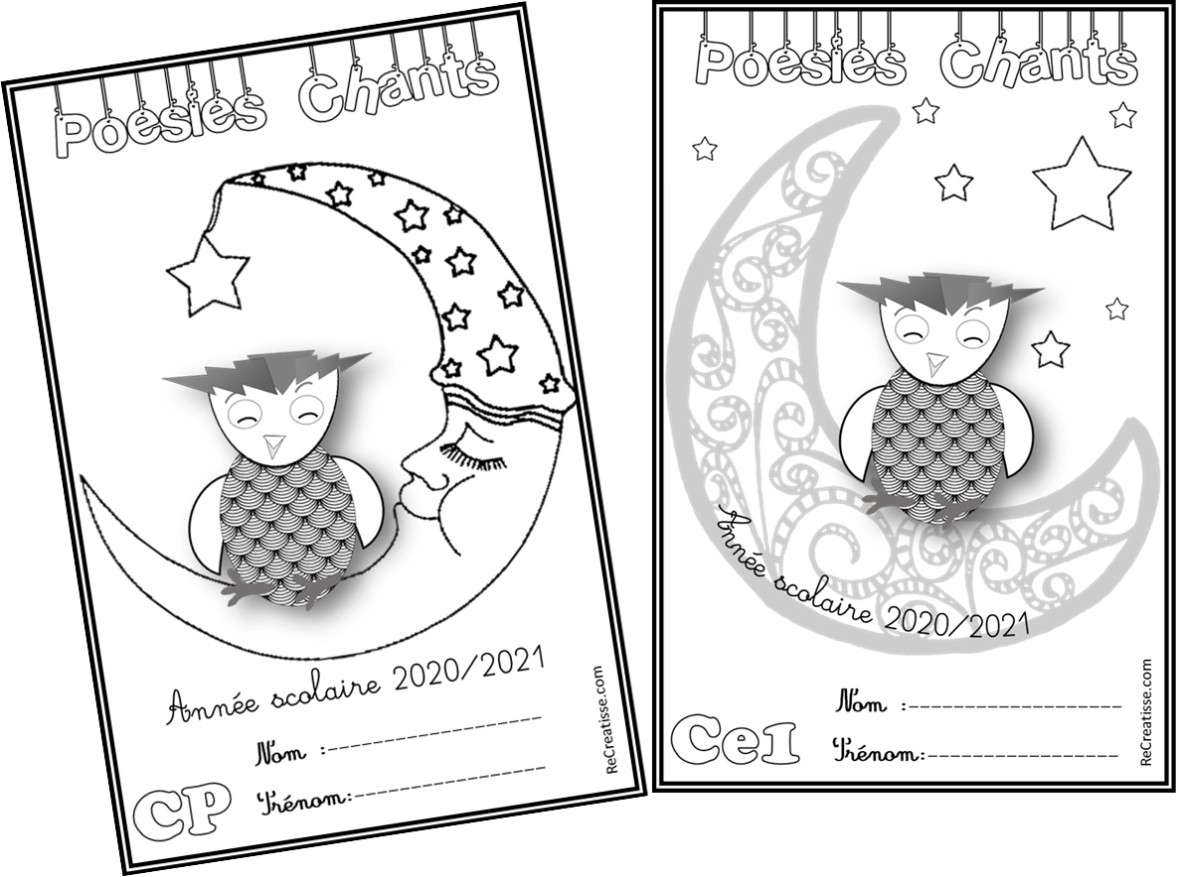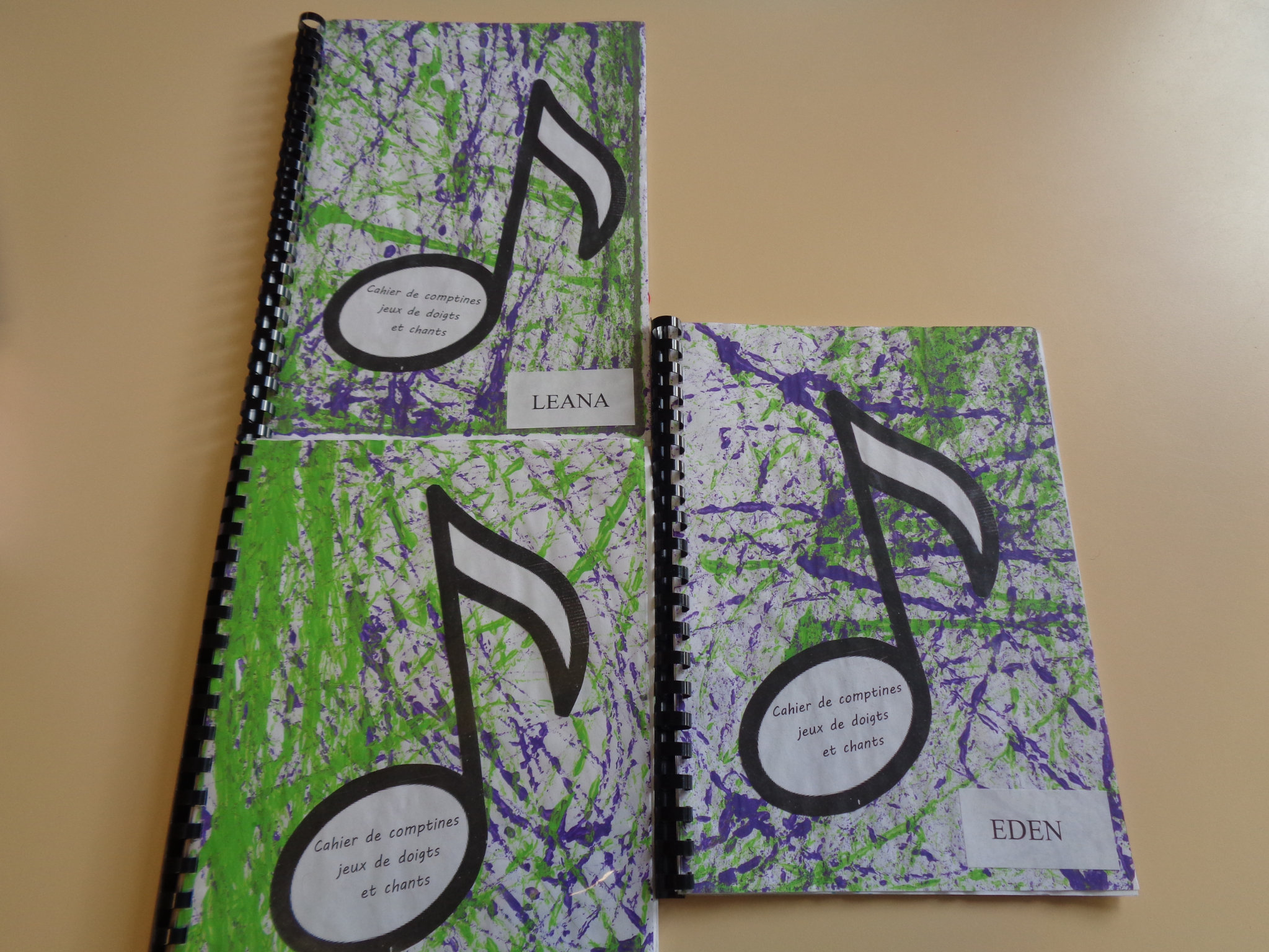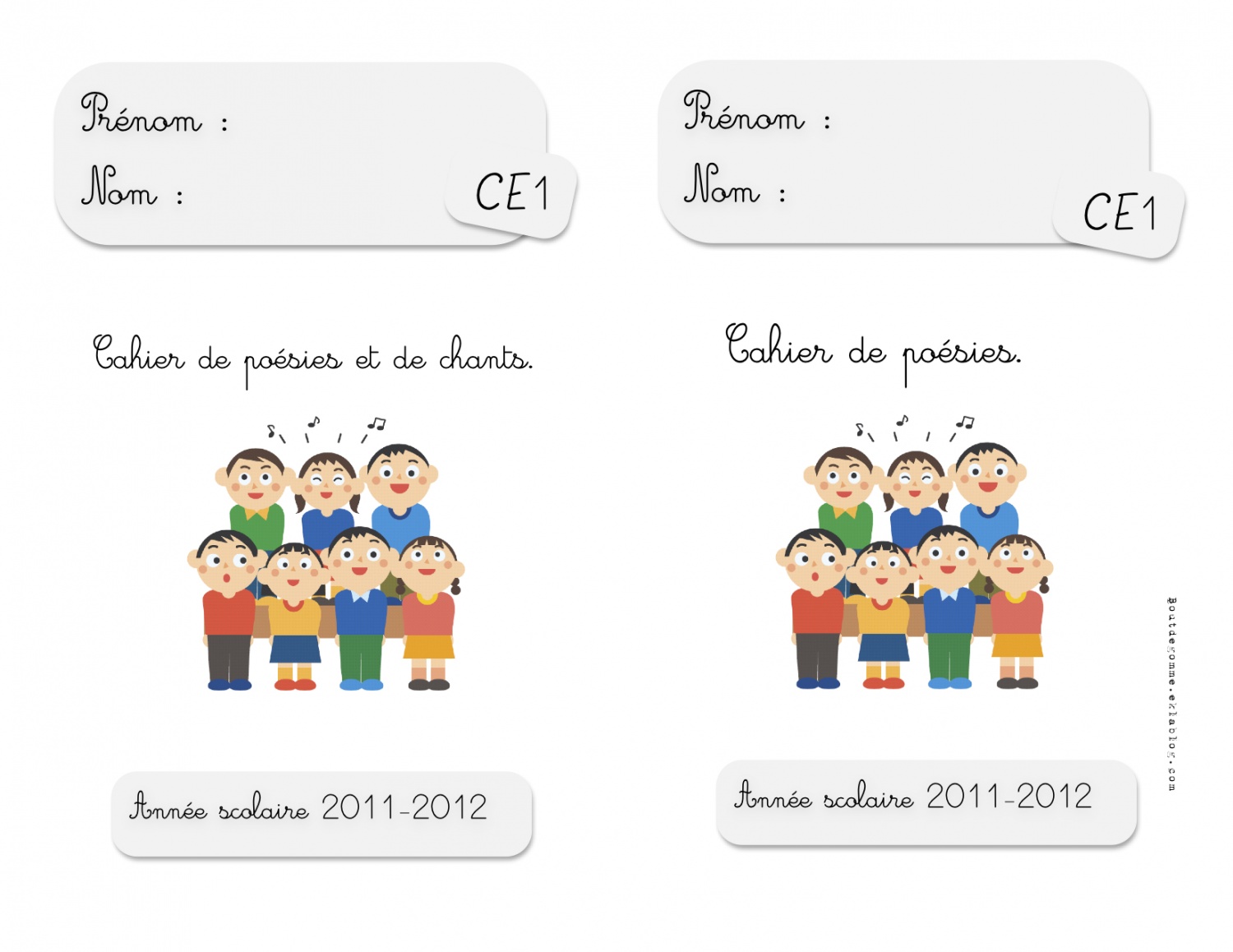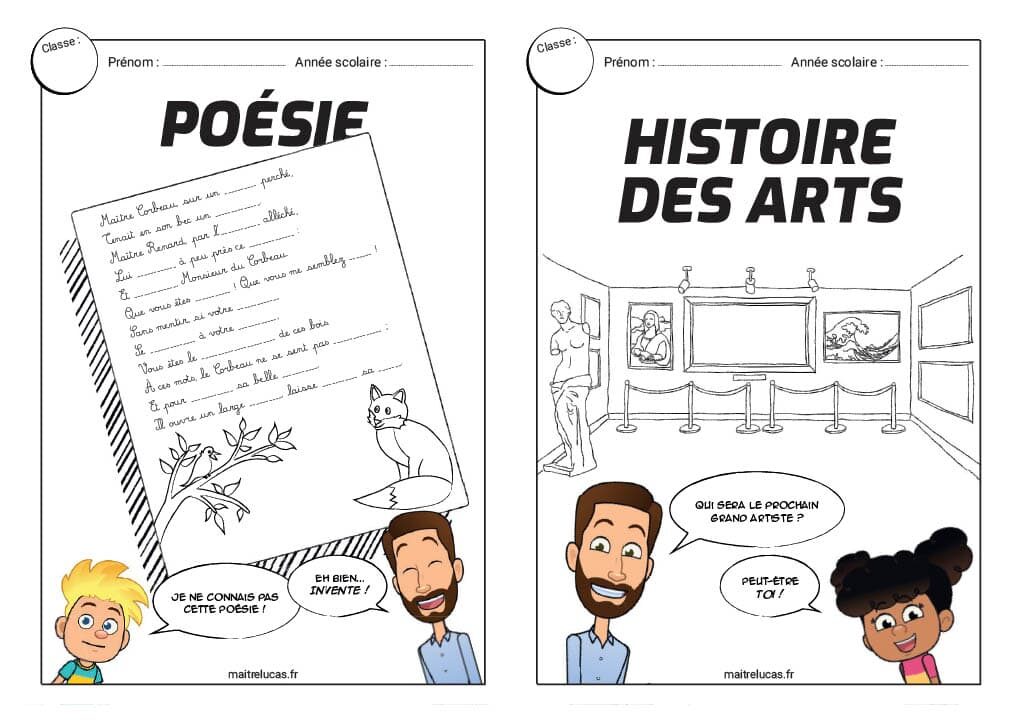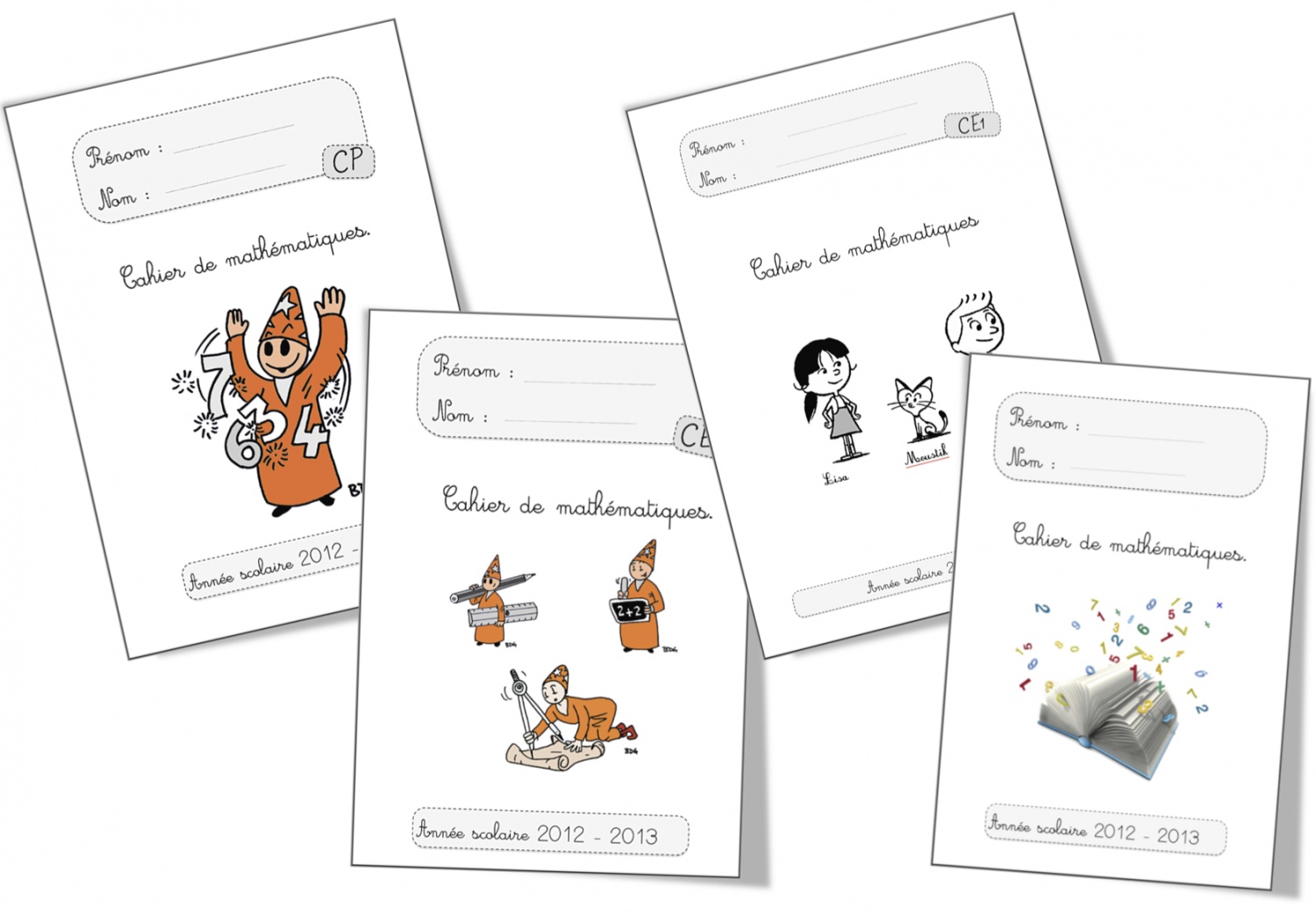Page De Garde Poésie Musique
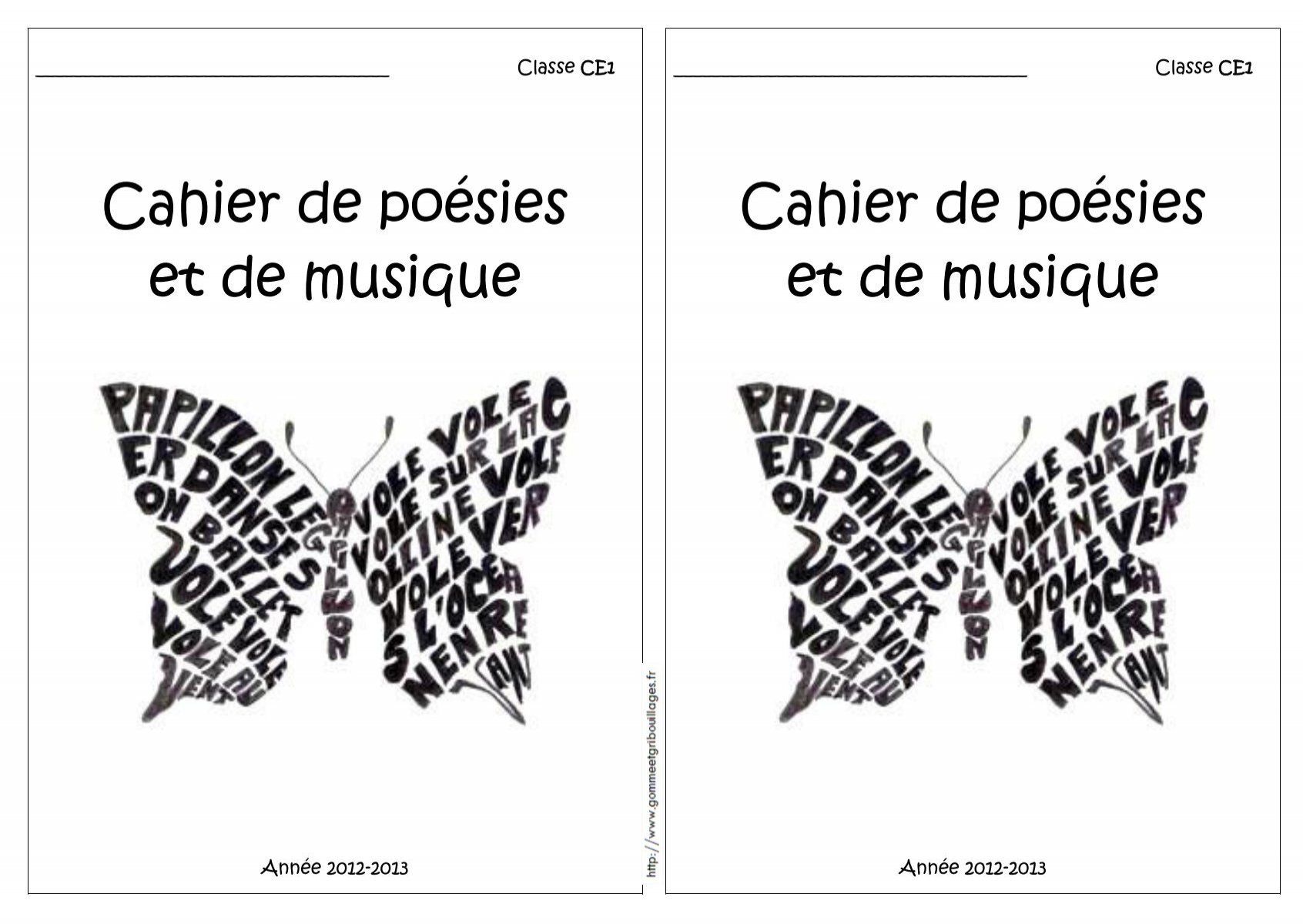
Ah, "Page de Garde Poésie Musique"... Just saying it aloud already feels a bit magical, doesn't it? It's a phrase that whispers of artistic endeavors, of carefully curated moments, and of a deep appreciation for the finer things in life. But what does it actually mean?
Well, let's break it down, shall we? Think of a beautifully designed book. You open it, and what's often the very first thing you see, after the title page, of course? The page avant the true beginning. That's the "page de garde". It's the guardian of the words, a quiet promise of what's to come.
Now, add "poésie" and "musique". Suddenly, the page de garde isn't just a blank slate. It's an invitation to a symphony of words and sounds. Imagine a collection, a journal, or even a personal project where these three elements intertwine. It's where visual art meets rhythmic language, and melody dances with meaning. Isn't that a beautiful idea?
The Allure of the "Page de Garde"
There's something inherently romantic about the concept of a "page de garde". It suggests intention, a conscious effort to create something special. It's not just slapping some words and notes together. It's about crafting an experience, a mood. It's the artistic equivalent of a beautifully set table before a delicious meal.
Think about a carefully curated playlist. Each song is chosen deliberately, building to a crescendo, then easing into a quieter moment. Or a meticulously crafted scrapbook, where photos and handwritten notes tell a story. A "Page de Garde Poésie Musique" project can have that same level of depth and emotion.
Why is this so appealing? I think it's because it allows us to slow down, to appreciate the details. In a world that's constantly rushing, taking the time to create something beautiful and meaningful feels almost revolutionary.
Examples & Inspiration
Where can you find inspiration for your own "Page de Garde Poésie Musique" masterpiece? Everywhere! Look at old books with intricate title page designs. Listen to concept albums where the music and lyrics tell a cohesive story. Browse art galleries for paintings that evoke a particular emotion.
Consider combining your favorite poem with a piece of music that complements its themes. Or create a visual representation of a song, using color and imagery to capture its mood. The possibilities are truly endless.
Maybe it's a small notebook filled with handwritten poems alongside sketches of musical instruments. Perhaps it's a digital collage combining visual art, song lyrics, and fragments of poetry. There's no right or wrong way to do it. It's all about expressing your creativity and finding joy in the process.
Think of a musician who writes poetry on the side, or a poet who plays an instrument. Imagine their private notebooks, filled with scribbled ideas and half-finished melodies. That's the spirit of "Page de Garde Poésie Musique." It's about embracing the interconnectedness of art forms and allowing them to inspire each other.
Consider a theatrical performance. The set design acts as a page de garde of sorts, setting the mood and preparing the audience for the story that is about to unfold. The music enhances the emotions conveyed through the actors' words. Poetry can be woven into the script, adding layers of meaning. See how these elements all come together?
Remember those beautifully illustrated children's books? They are fantastic examples of visual art, storytelling, and sometimes even music (if you read them aloud with a particular rhythm!). The combination is captivating and powerful.
Ultimately, "Page de Garde Poésie Musique" is more than just a phrase. It's a way of thinking, a way of approaching art and life. It's about finding beauty in the unexpected and creating something meaningful from the raw materials of our experiences.
So, go ahead! Pick up a pen, a paintbrush, or an instrument. Let your imagination run wild. Who knows what beautiful things you'll create? Maybe your own personal "Page de Garde Poésie Musique" is just waiting to be discovered.
And isn't that a wonderful thought?



